SCOTT SAMUELSON lives in Iowa City, Iowa, where he teaches philosophy at Kirkwood Community College and is a movie reviewer, television host, and sous-chef at a French restaurant on a gravel road.
The University of Chicago Press, Chicago 60637
The University of Chicago Press, Ltd., London
2014 by The University of Chicago
All rights reserved. Published 2014.
Printed in the United States of America
23 22 21 20 19 18 17 16 15 14 1 2 3 4 5
ISBN-13: 978-0-226-13038-5 (cloth)
ISBN-13: 978-0-226-13041-5 (e-book)
DOI: 10.7208/chicago/9780226130415.001.0001
Library of Congress Cataloging-in-Publication Data
Samuelson, Scott, author.
The deepest human life : an introduction to philosophy for everyone / Scott Samuelson.
pages cm
Includes bibliographical references and index.
ISBN 978-0-226-13038-5 (cloth : alkaline paper)ISBN 978-0-226-13041-5 (e-book) 1. Philosophy. I. Title.
B74.S26 2014
100dc23
2013032855
 This paper meets the requirements of ANSI/NISO Z39.481992 (Permanence of Paper).
This paper meets the requirements of ANSI/NISO Z39.481992 (Permanence of Paper).
THE DEEPEST HUMAN LIFE
An Introduction to Philosophy for Everyone
SCOTT SAMUELSON
THE UNIVERSITY OF CHICAGO PRESS
Chicago and London
The deepest human life is everywhere, is eternal.
William James
CONTENTS
PRELUDE ON LIGHT POLLUTION AND THE STARS
We had the sky, up there, all speckled with stars, and we used to lay on our backs and look up at them, and discuss about whether they was made, or only just happenedJim allowed they was made, but I allowed they happened; I judged it would have took too long to make so many. Jim said the moon could a laid them; well, that look kind of reasonable, so I didnt say nothing against it, because Ive seen a frog lay most as many, so of course it could be done. We used to watch the stars that fell too, and see them streak down. Jim allowed theyd got spoiled and was hove out of the nest.
MARK TWAIN
An ever-growing number of people have their view of the sky obstructed by the light pollution of our cities. Some go years without once gawking at the moon or the stars. Its an apt metaphor of our whole human situation. Theres a haunting line by Kabir, the mysterious fifteenth-century Indian poet, a kind of mystical Mother Goose: They squander their birth in isms. Hes thinking of the few major religious traditions of his day, but the idea applies even more poignantly to our collection of religions, political affiliations, spiritualities, identities fabricated by marketers, and even theories constructed in philosophy departments. The glow of these beliefs, at their best, can guide us through life. But they often amount to a kind of light pollution. The feeling of possessing knowledge can be the worst enemy of the truth. Beliefs and theories, and the identities associated with them, are as indispensable and fascinating as politics, but they are, from the perspective of true philosophy, at worst impediments and at best starting and stopping points of a much larger journey, which involves going off into the darkness once in a while and taking a good long look at what shines above us.
The story I have to tell is about how, in the words of William James, the deepest human life is everywhere.ingful lifethe stars, in my analogyare there for any of us to see and puzzle out. The questions, stories, and injunctions of the great philosophers arent the speeches of angels loafing in their celestial abodes. Even the most formidable thinkers speak to us out of lives pretty much like our own, with their daily routines, their little aches and pains and pleasures, and their occasional upheavals. Their feet have no more wings than yours or mine.
This book is my attempt to bring philosophy down from its ethereal theorizing and put it back on the earth where it belongs, among wrestlers and chiropractors, preschool music teachers and undertakers, soldiers and moms, chefs and divorces, Huck and Jimyou and me, in fact.
...
When I was sixteen years old, I stumbled on Thomas Aquinass five ways of proving the existence of God. As I read his precise, exulted prose in the Iowa City Public Library, two feelings overwhelmed me: first, the idea of proving God was by far the greatest thing a human being could do; second, I no longer believed in God. Not that I had a clue what Aquinas was saying: I read the proofs with sublime incomprehension. I believedillogically, wrongly, thrillinglythat to pronounce on the existence of God somehow proved that we were capable of inventing God. I was certain through all my adolescent uncertainty that whatever he was doing was the height of human achievement. I wanted in. Socrates, in the beginning of Platos Republic, tempts his interlocutors into an extended conversation about justice by asking them to collaborate in the founding of a city. Thomas Aquinas, against his intentions, was tempting me into the founding of the universe. Though I hadnt read more than a page of philosophy, though I didnt even understand the page I read, I wanted to be a philosopher.
A little over a decade later, I was finishing a PhD in philosophy at Emory University. The obvious path before me was to drift into a full-time position at a decent institution, work my dissertation into a book, zero in on a specialty, publish some articles and reviews, and lick the necessary wingtips to get tenure. But some sense of destiny (I would have never called it that then) kept me from ever taking such a path seriously. Though Id proven myself capable of publishing articles and giving papers in the world of philosophy, I rebelled against the prospect of a microspecialty and the bureaucracy of tenure. Moreover, I hadnt gotten into philosophy in order to become a scholar of philosophy, however wonderful and necessary the work of scholarship can be.
When my mother called me from Iowa saying that shed read in the local classifieds that Kirkwood Community College had a full-time philosophy position open, it seemed a reasonable way to get health insurance. The saying a job is a job is particularly poignant for philosophers. Diogenes of Sinope, one of our professions early practitioners, used to beg money from statues. When asked why, he replied, In order to get used to being refused. But he didnt have a pregnant wife. And neither my wife nor I really wanted to live in a barrel and relieve ourselves outside, as were Diogeness customs.
Another decade later, my wife and two kids were sound asleep upstairs, and I was alone in the selva oscura (the dark wood, a phrase from Dantes Comedy, which to someone with as little Italian as me initially looks like the obscure self), staring at the fire in our stoves belly, reflecting on the question of my destiny: exactly the activity I preach to my students, exactly the activity Id been avoiding as assiduously as they do. You see, earlier that night, someone at a dinner party had had the gall to ask me, Are you fulfilling your destiny? The rude question was partially my fault. Id brought up the subject of destiny, inspired by my recent perusal of the Mahabharata, the gargantuan Sanskrit epic of ancient India (its about three times as long as the Bible), which narrates the fratricidal war between the Pandavas and the Kauravas. To talk abstractly about destiny may be boring or fascinating, but to be asked if youre fulfilling your destiny has an archers precision in piercing to the heart of the matter. Id hemmed and hawed, wiggling out of an honest answer like only someone trained in philosophy can do. But now, before the fire, I had only myself to confront.
My initial morose thoughts were that I should be doing more with my talents. As much as I loved teaching at a community college, it was, after all, a community college. Friends of mine at more prestigious institutions, my family, even some of my students, had all prodded me, with various degrees of subtlety, to work on advancing my academic career: a path my choices in life had essentially made vanish. My dark thoughts wanderedthough maybe thats the wrong verbto a story from the
Next page
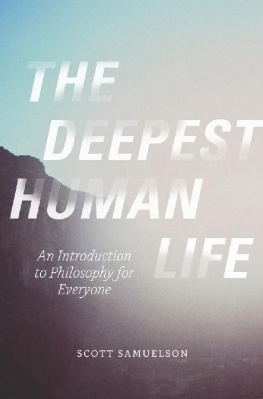
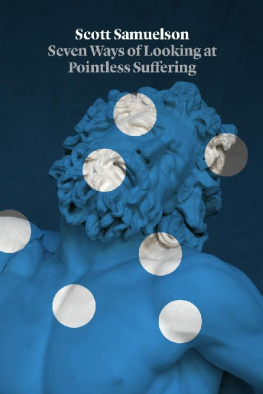
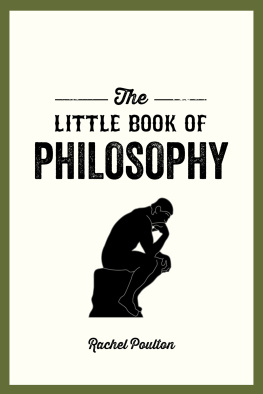
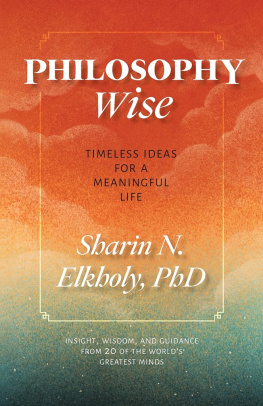


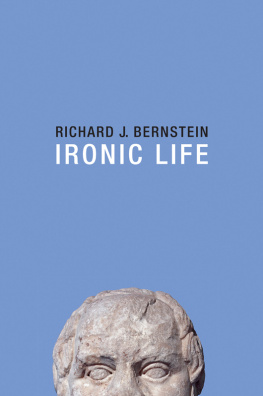

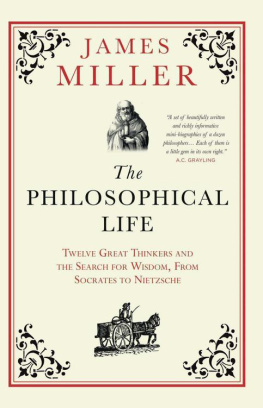
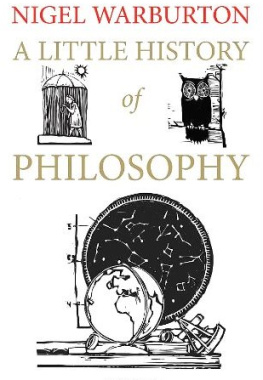
 This paper meets the requirements of ANSI/NISO Z39.481992 (Permanence of Paper).
This paper meets the requirements of ANSI/NISO Z39.481992 (Permanence of Paper).